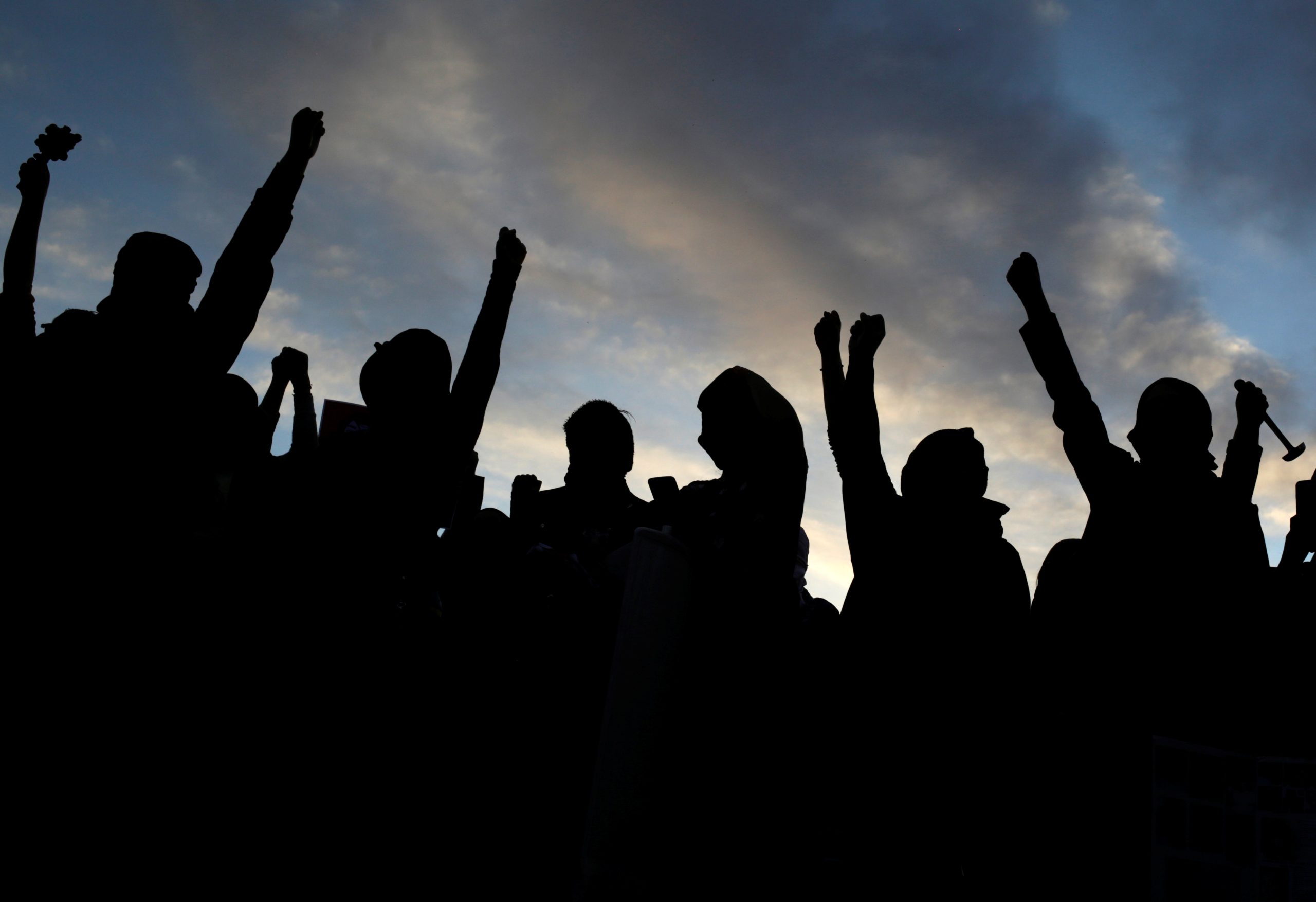The Grand Health Alliance (GHA) of Pak-occupied-Balochistan staged province-wide protests on Thursday, fiercely opposing the occupied-authority’s controversial move to privatize public hospitals and impose contract-based hiring practices. Responding to the GHA leadership’s call, rallies and demonstrations were held in every district of POB, drawing large numbers of doctors, nurses, paramedics, and other health workers.
Protestors marched through the streets, voicing strong disapproval of the occupied-authority’s “healthcare-destroying policies.” The privatization of hospitals is a blatant attack on the rights of the public, particularly the underprivileged. “This is nothing short of a robbery of the poor’s access to essential healthcare,” said one protester, highlighting that the policy would deprive millions of already marginalized people of basic health services.
This move is yet another blow to an already underfunded and neglected healthcare system in POB. The region, already struggling with the military’s oppressive tactics and underdevelopment, now faces the threat of further alienating its most vulnerable citizens from basic services.
The GHA leaders were equally vocal in their rejection of contract-based hiring, condemning it as an attack on workers’ rights. Health workers, who face harsh conditions and inadequate resources, fear that contractual jobs would leave them without job security.
The Balochistan Health Alliance has given the provincial government a ten-day ultimatum to reverse these decisions. Failure to do so, they warned, will result in more widespread and severe protests. They are prepared to escalate their movement until their demands are met, showing their commitment to safeguarding public health and the rights of health workers.
In a scathing critique of the occupied-authority, the GHA called on Chief Minister Abdul Quddus Bizenjo and his cabinet to reconsider these decisions, reminding them of the already dire unemployment crisis in the health sector. Thousands of doctors, pharmacists, and other health professionals are already jobless in POB, largely due to the occupied-authority’s mismanagement and negligence.
The protests also served as a reminder of the broader struggles in POB, where the occupied-state’s policies—whether in health, education, or security—continue to marginalize the people. The public, already reeling from military operations and economic hardships, now faces the further privatization of basic services.

